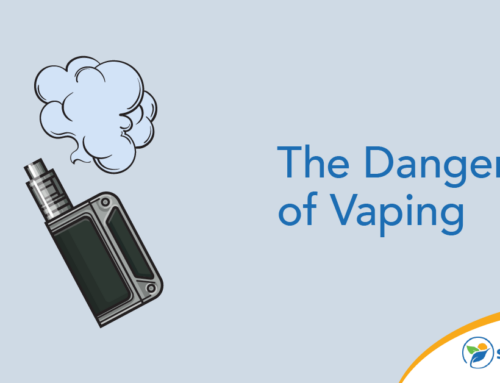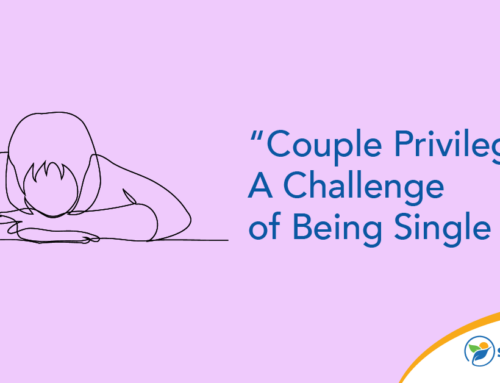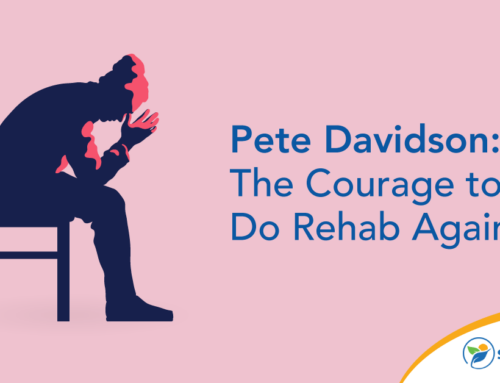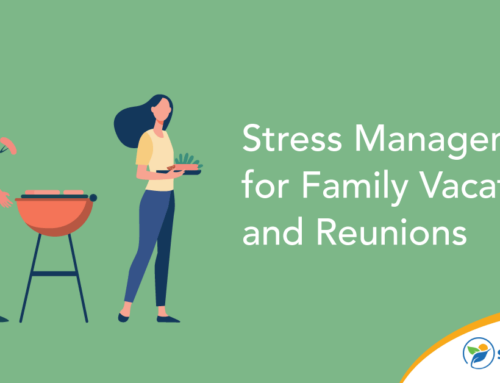Lily Allen might be best known as the singer of the early 2000s hit “Smile,” but her life was unfortunately not always happy. The British singer and actor became involved in drugs and alcohol as a young girl and struggled with addiction most of her adult life. News of Lily Allen’s sobriety has led her to open up about how her life and mental health have changed since overcoming substance abuse.
A Brief History of Lily Allen’s Life and Career
Lily Allen was all but destined for fame at birth as the second child of Welsh actor Keith Allen and English film producer Alison Owen. Lily’s father abandoned her family when she was 4 years old, and she spent most of her youth attending over a dozen different schools, getting expelled from a few for alcohol use and smoking.
As an adolescent, Lily was discovered by a music teacher who heard her singing on the playground and gave her lessons. She booked a few gigs, including a middle school concert, and dropped out of school altogether at the age of 15. Lily was recording demos and working with record labels by her early 20s. She continued using substances as her career ascended and struggled with mental health and body image issues.
In 2019, Lily decided to get sober and spent time in a treatment program. After several attempts, she’s remained sober for the past few years, and her music career has expanded into television. Lily continues working on new projects, and she credits sobriety with improving her professional and personal life.
News of Lily Allen’s Decision to Get Sober and How It’s Changed Her Life
Prior to getting sober, Lily was addicted to alcohol and other substances while she worked in the music industry and established her career. She went on tour with a fellow pop star and says the demands of life on the road, as well as the emotionally charged environment, lead her to consume copious amounts of alcohol and engage in other risky behaviors. According to Lily, she was also mixing alcohol with other substances, namely Adderall to lose weight. The singer reached a turning point when she contemplated doing heroin while filming in Los Angeles. She realized it was time for her to enter treatment and finally overcome her “demons,” as she put it.
For Lily, sobriety didn’t just change her life; it saved it. When interviewed about her decision to abstain from alcohol, Lily remarked, “I actually don’t even know if I’d be alive, if I’m honest, if I hadn’t got sober.” And there’s a good chance she’s right, because alcohol is the fourth-leading preventable cause of death for adults in the United States.
Now that Lily Allen’s sober, she’s noted positive changes in her day-to-day life as well. For example, she considers herself a much more present and involved parent who’s able to be there to pick up her kids from school.
How Lily’s Openness Has Reduced the Stigma Around Mental Health
There’s an enduring misconception that celebrities either don’t struggle with their mental health or shouldn’t because of their wealth and fame. This stigma often makes it hard for high-profile people to seek the help they need without the fear of being judged or ridiculed for being open about their problems.
It’s no secret that while Lily has achieved massive commercial success, she’s also experienced personal tragedy and hardship — from her father abandoning her family when she was a little girl to getting involved in drugs and alcohol as an adolescent to experiencing the stillbirth of her son, George, at 6 months pregnant. These types of traumas are all too common for many people, and Lily’s willingness to speak up about her struggles helps pave the way for others to realize they’re not alone.
Lily Allen’s mental health has also improved in recent years. One particular issue Lily has been outspoken about is her adult ADHD diagnosis. She remarked in an interview that she wasn’t surprised by the diagnosis and that she’s finding methods to improve her focus, such as limiting social media.
The Importance of Seeking Help and Support for Substance Abuse and Mental Health Issues
Professional treatment is often necessary to overcome substance abuse. And, as in Lily’s case, it’s possible it might take multiple attempts for you to maintain your sobriety. The key is to stay committed to finding a plan that works for you. Additionally, surrounding yourself with others who can serve as positive influences will encourage you to stay on the path to freedom from substance abuse and addiction.
The same is true for mental health issues, especially ones stemming from personal trauma or tragedy. A licensed mental health care provider can work with you to develop a treatment plan that’s right for you based on your own circumstances.
Lily as an Inspiration to Others Struggling With Addiction and Mental Health Issues
Not everyone gets a taste of the rock star life, but many people can relate to Lily’s alcohol addiction and mental health issues. In the past, Lily was often the subject of tabloid stories documenting her struggles, and there’s little doubt that having the spotlight on her added another layer of difficulty to her journey.
Today, Lily Allen’s news tends to be much more positive, now that she’s been sober for the past few years. She often shares content about her journey and keeps fans updated about her latest work. Lily has become a champion for sobriety and uses her platforms to encourage others in their own recovery.
It’s also important to recognize that Lily didn’t achieve sobriety on her first attempt. Her first program was unsuccessful, and she relapsed 6 months later. This isn’t uncommon, as studies show it takes an average of five attempts to recover from substance addiction.
Start Seeking the Help You Need Today
Lily Allen has had her fair share of troubles resulting from her alcohol addiction and mental health issues, yet she’s managed to overcome them and help reduce stigmas and raise awareness.
Sunlight Recovery exists to help people take control of their lives through effective treatments for substance abuse and mental health disorders. Contact us today to see how we can help you achieve sobriety and find the support you need for your mental health journey.







